Subtotal: $16.79
The Poetics of Processing: Memory Formation, Identity, and the Handling of the Dead Hardcover – December 1, 2020 by Anna J. Osterholtz
HARDCOVER
[ 276 PAGES ]
PUB: December 1, 2020
Description
In 2002, Neil Whitehead published Dark Shamans: Kanaimà and the Poetics of Violent Death, in which he applied the concept of poetics to the study of violence and observed the power of violence in the creation and expression of identity and social relationships. The Poetics of Processing applies Whitehead’s theory on violence to mortuary and skeletal assemblages in the Andes, Mexico, the US Southwest, Jordan, Ethiopia, Egypt, and Turkey, examining the complex cultural meanings of the manipulation of remains after death.
The contributors interpret postmortem treatment of the physical body through a poetics lens, examining body processing as a mechanism for the re-creation of cosmological events and processing’s role in the creation of social memory. They analyze methods of processing and the ways in which the living use the physical body to stratify society and gain power, as evidenced in rituals of body preparation and burial around the world, objects buried with the dead and the hierarchies of tomb occupancy, the dissection of cadavers by medical students, the appropriation of living spaces once occupied by the dead, and the varying treatments of the remains of social outsiders, prisoners of war, and executed persons.
The Poetics of Processing combines social theory and bioarchaeology to examine how the living manipulate the bodies of the dead for social purposes. These case studies—ranging from prehistoric to historic and modern and from around the globe—explore this complex material relationship that does not cease with physical death. This volume will be of interest to mortuary archaeologists, bioarchaeologists, and cultural anthropologists.
Contributors:
Dil Singh Basanti, Roselyn Campbell, Carlina de la Cova, Eric Haanstad, Scott Haddow, Christina Hodge, Christopher Knusel, Kristin Kuckelman, Clark Spencer Larsen, Debra Martin, Kenneth Nystrom, Adrianne Offenbecker, Megan Perry, Marin Pilloud, Beth K. Scaffidi, Mehmet Somel, Kyle D. Waller
| Weight | 1.1 lbs |
|---|---|
| Dimensions | 9 × 6 × 0.8 in |
| Author | |
| Format | |
| ISBN-10 | |
| Language | |
| Publication Date | |
| Publisher |
Be the first to review “The Poetics of Processing: Memory Formation, Identity, and the Handling of the Dead Hardcover – December 1, 2020 by Anna J. Osterholtz”
You must be <a href="https://webdelico.com/my-account/">logged in</a> to post a review.

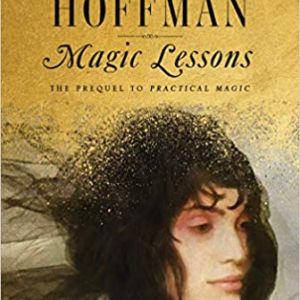 Magic Lessons: The Prequel to Practical Magic by Alice Hoffman
Magic Lessons: The Prequel to Practical Magic by Alice Hoffman 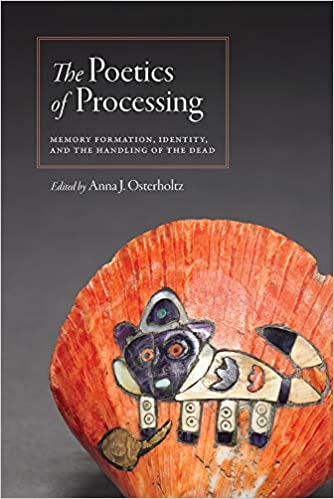
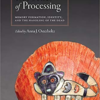



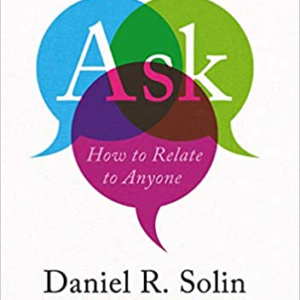
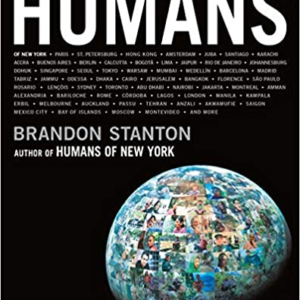




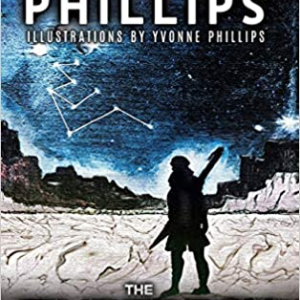
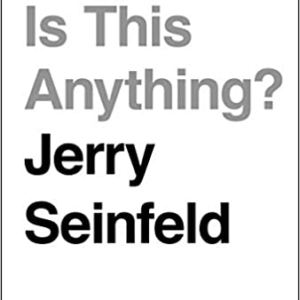
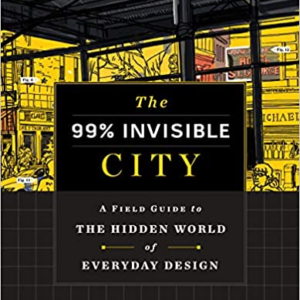











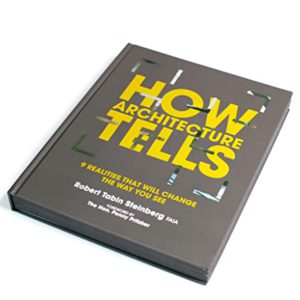





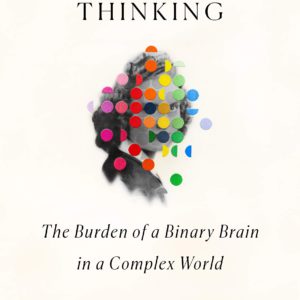





There are no reviews yet.